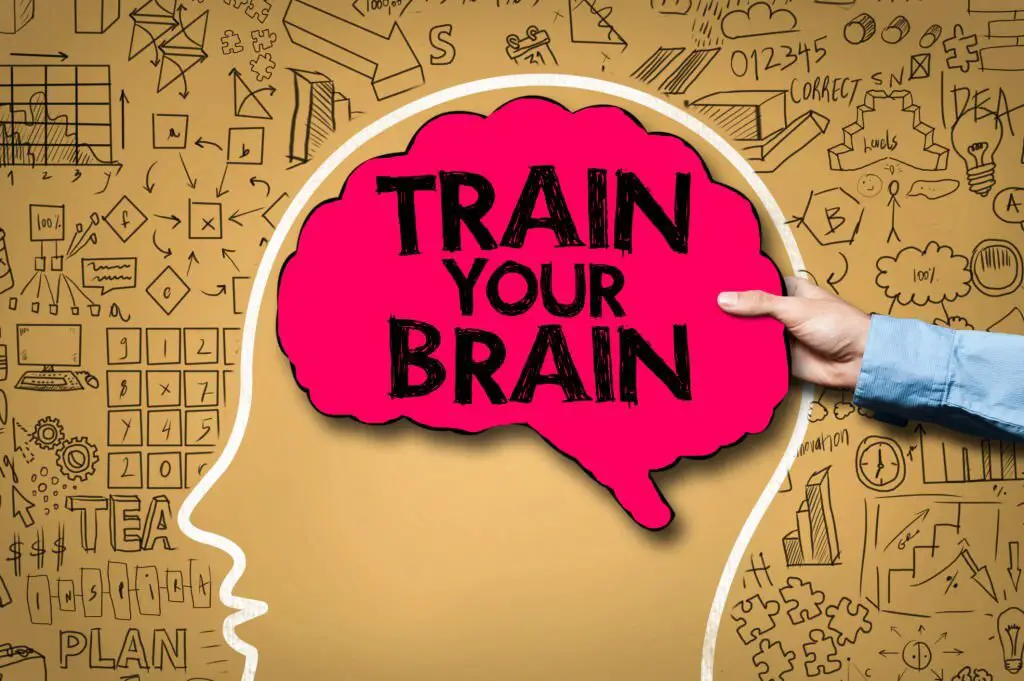In the realm of education, the art of studying is often underestimated. It is not merely a mindless process of cramming information, but a skill that can be honed and perfected. With the right techniques and strategies, anyone can transform their study sessions into productive and efficient learning experiences. In this comprehensive guide, we will explore the key elements of effective studying, providing you with actionable tips and insights to enhance your study skills and achieve academic success.
Setting the Stage for Success
Creating an environment conducive to learning is essential for effective studying. Consider the following aspects:
a. Designate a Study Space: Dedicate a specific area solely for studying, preferably quiet and free from distractions. This will help you establish a routine and mentally prepare for focused learning. 
b. Organize Your Materials: Keep your study materials, textbooks, notebooks, and stationery neatly arranged, ensuring easy accessibility when needed.
c. Manage Your Time: Set a realistic study schedule that aligns with your personal preferences and commitments. Allocate specific time slots for each subject or topic, ensuring a balanced approach.
Effective Note-taking Techniques
Taking effective notes is a key component of effective studying. Consider the following tips:
a. Active Listening: Focus on the key points of a lecture or reading, and make note of any unfamiliar terms or concepts. 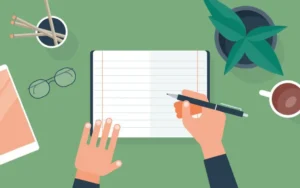
b. Organization: Use headings, bullet points, and other organizational techniques to make your notes easier to understand and review.
c. Highlighting: Highlight or underline key information to help it stand out from the rest of your notes.
Memorization Strategies
Remembering information is an important part of studying. Consider the following techniques to help you memorize information more effectively: 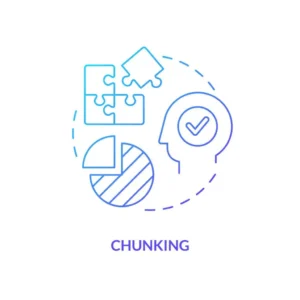
a. Repetition: Repeat the information you want to remember aloud, write it down, or create flashcards to help reinforce the information.
b. Mnemonics: Use mnemonics, or memory aids, to help you remember information. For example, the acronym “ROYGBIV” can help you remember the order of the colors of the rainbow.
Breaking Down Complex Information
Breaking down complex information into smaller parts can make it easier to understand and remember. Consider the following techniques:
a. Chunking: Break down complex information into smaller, more manageable chunks. For example, if you are studying a long list of terms, divide them into groups of five or ten.
b. Mind Mapping: Use mind mapping to visually organize complex information. Start with a central concept, and create branches that connect related concepts.
Active Learning Methods
Active learning methods engage you in the learning process, making it easier to remember information. Consider the following techniques: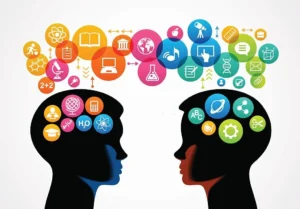
a. Summarizing: Summarize what you have learned in your own words to help you remember it more effectively.
b. Teaching: Teach the information you have learned to someone else. This will help reinforce your own understanding of the material.
Taking Breaks
Taking breaks can help you avoid burnout and fatigue. Consider the following tips:
a. Pomodoro Technique: Use the Pomodoro Technique to structure your study sessions. Work for 25 minutes, then take a five-minute break. 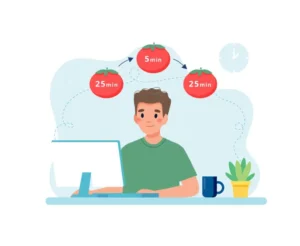
b. Physical Activity: Take a break to engage in physical activity, such as stretching, going for a walk, or doing some yoga.
Developing Critical Thinking Skills
Developing critical thinking skills can help you better understand and remember information. Consider the following tips:
a. Questioning: Ask questions about the information you are studying. What are the main points? How does it relate to other concepts?
b. Analyzing: Analyze the information you are studying. What are the different parts? How do they fit together?
Effective studying is an essential skill that can be developed with the right techniques and strategies. With these actionable tips and insights, you can enhance your study skills and achieve academic success. Remember to stay focused, organized, and motivated, and the rewards of your hard work will soon follow. Good luck with your studies!

